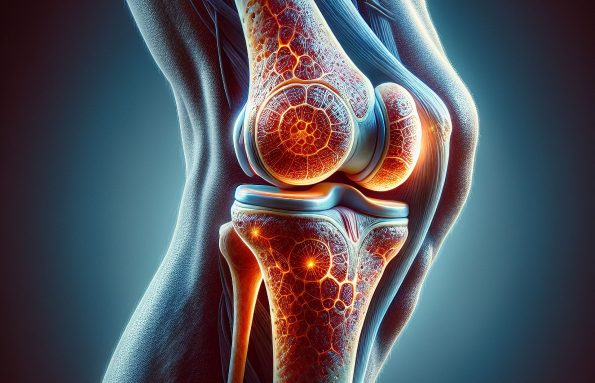Experiencing occasional heartburn is normal, but for some people, it’s a frequent discomfort that often comes with bloating and belching. This issue can become especially challenging during Ramadan, a sacred month that brings immense rewards but can also present difficulties, particularly for those who struggle with heartburn and acid reflux. However, the good news is, it’s possible to manage these conditions while fasting during Ramadan. Fully embrace the spiritual journey of Ramadan with comfort and ease with the tips below.
What is heartburn and acid reflux?
Heartburn and acid reflux are digestive issues that cause a burning feeling in the chest and throat. These symptoms can get worse during fasting because of changes in eating habits, increased stomach acid, and slower digestion.
Various factors can contribute to the development of heartburn and acid reflux, including certain foods and beverages, excess weight, smoking, pregnancy, stress, specific medications, hiatus hernia, stomach ulcers, and bacterial infections. Managing these conditions involves lifestyle modifications, dietary changes, and sometimes medical interventions tailored to address the underlying causes and alleviate discomfort.
Tips for coping with digestive discomfort during Ramadan:
- Make healthy food choices:
When preparing for suhoor and iftar during Ramadan, opt for foods rich in carbohydrates, fiber, and protein, such as whole grains, fruits, vegetables, and lean proteins. We strongly advise avoiding spicy, greasy, and acidic foods as they can worsen acid reflux and heartburn symptoms.
Dehydration can worsen acid reflux symptoms, so try to hydrate your body by consuming plenty of water and hydrating foods like fruits and vegetables during non-fasting hours.
- Be mindful of overconsumption
Avoid overeating or consuming large meals too quickly, as this can place undue pressure on the stomach and heighten the risk of acid reflux. Instead, eat smaller, more frequent meals.
Elevate the head of your bed or utilize extra pillows to keep your head and chest elevated while sleeping. This simple adjustment helps prevent stomach acid from refluxing into the esophagus and minimizes nighttime heartburn.
Refrain from lying down immediately after eating, and try to finish your last meal at least two to three hours before bedtime.
When to see a doctor?
If you’re dealing with persistent heartburn even after making dietary changes, it’s a good idea to talk to a
gastroenterologist for personalized advice. They can help you figure out what triggers your acid reflux and recommend some effective treatments to manage the condition and improve your quality of life.
Symptoms of acid reflux include heartburn, sour taste, cough, hoarse voice, bad breath, bloating, and nausea. Before altering eating habits for Ramadan, consult your doctor, especially if you have a pre-existing digestive condition, to adjust medication schedules for a healthy gut during fasting.
While mild digestive issues are common during fasting, seek immediate medical attention for new or concerning symptoms. Listen to your body, seek support, and take a holistic approach to fasting. Wishing you a blessed Ramadan!
How can we help?
Our
gastroenterology department offers comprehensive assistance for individuals experiencing acid reflux and heartburn. Our team of specialists are equipped to diagnose the underlying causes of these conditions through thorough evaluation and diagnostic tests.
We provide personalized treatment plans tailored to each patient’s needs, incorporating lifestyle modifications, dietary guidance, and medication management. Additionally, we offer advanced procedures such as endoscopy to visualize and treat any underlying issues contributing to acid reflux. Our goal is to alleviate symptoms, improve quality of life, and provide ongoing support and education to help individuals effectively manage their condition.






